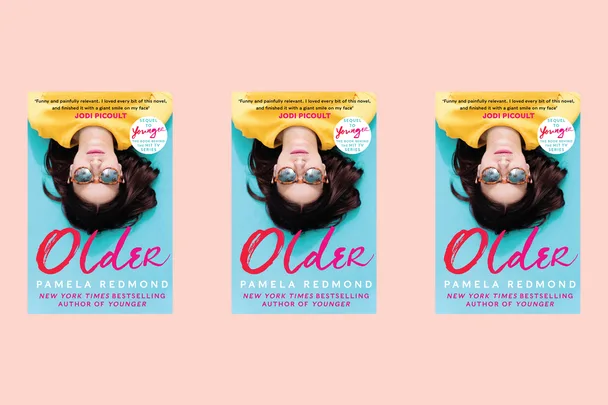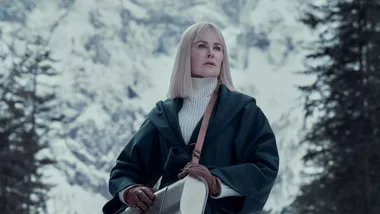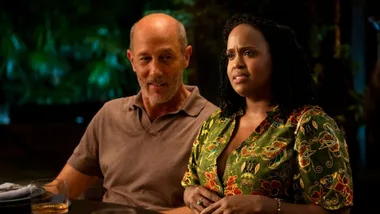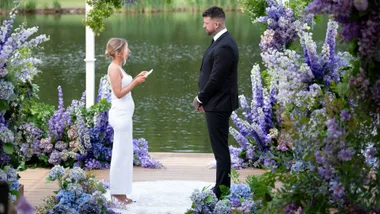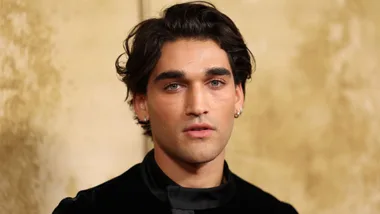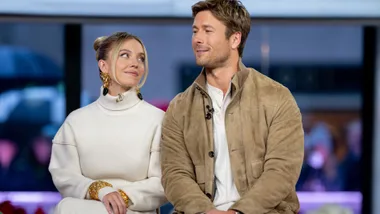When Pamela Redmond released her third novel, Younger, even she couldn’t have predicted the cultural phenomenon it would eventually become. Fast forward to a decade later, and her story of a 40-something-year-old woman posing as a 20-something-year-old in the fast and manic world of New York City publishing has become one of the world’s must-watch series, created by none other than Sex And The City’s Darren Star.
The novel, originally published in 2005, was picked up for 12-episode’s starring Broadway star Sutton Foster as Liza, Debi Mazer as her lesbian roommate Maggie and Hilary Duff as Kelsey Peters. Six seasons (with a seventh awaiting to begin filming), the former Glamour editor and CEO of Nameberry – the world’s largest baby-naming site – has dipped her toes back into the world she first created, releasing its highly-anticipated sequel, Older.
The sequel, as Redmond explains, is set “five years after the end of the series.” Liza, nearing her 50th birthday, has written a book about impersonating a millennial to land a New York publishing job. Her former colleague, Kelsey, now a TV producer, bids Liza to Los Angeles, where her book is being made into a TV series.
It’s not a tale too far-fetched from Redmond’s own career, and while continuing on with the story was not always something the author had imagined doing, seeing the character’s come to life on screen impelled her to do so.
The journey wasn’t without its obstacles though. Legally, Redmond may write about the characters, settings and plots that she created in the novel, but those that were created by Star for the show, including the love triangle between Josh and Charles, can’t be explored. Not to mention, the series has gone on to feature six more seasons, with Redmond not knowing how the TV story will end – making the mission of reimagining her original characters that much more complex.
Speaking to marie claire, Redmond explains how she found inspiration from her own career in the world of writing, and that of friends, who face the endless battle of age in industries constantly being reinvented. “I think any woman, or man too, over 40 has faced ageism of one kind or another, whether it’s veiled or obvious,” she says. “I saw a lot of my friends face exactly what Liza faced, and it just seems so cruel.
“They’d taken not that much time off, five years or something. And then you try to go back in and no one wants to let you back in. It’s sometimes people shoot themselves in the foot too because they’re used to having a lot of more freedom in their lives.”
Younger, and now Older, are also not the author’s only works that explore the themes of ageism. As for why the central idea continues to return in her stories, Redmond pinpoints it to a moment she remembers clearly from her first moments joining the magazine arena.
“I’ve been thinking about it, without getting too dark or psychological, it’s actually something interesting happened to me the day I started working at Glamour,” she explains. “I was in my twenties and this was my big job and the day I started, the woman who had hired me who had been there her whole career, she was in her fifties, she was just gone one day. And there were all these other older editors who I had looked up to who were really well known in the magazine field.
“It was kind of that first wave of people over 50, just, I think it was the first wave of really cutthroat ageism in the eighties. When the whole idea of people having a job for their life was suddenly out the window and it was ‘the younger that they were, the better’.
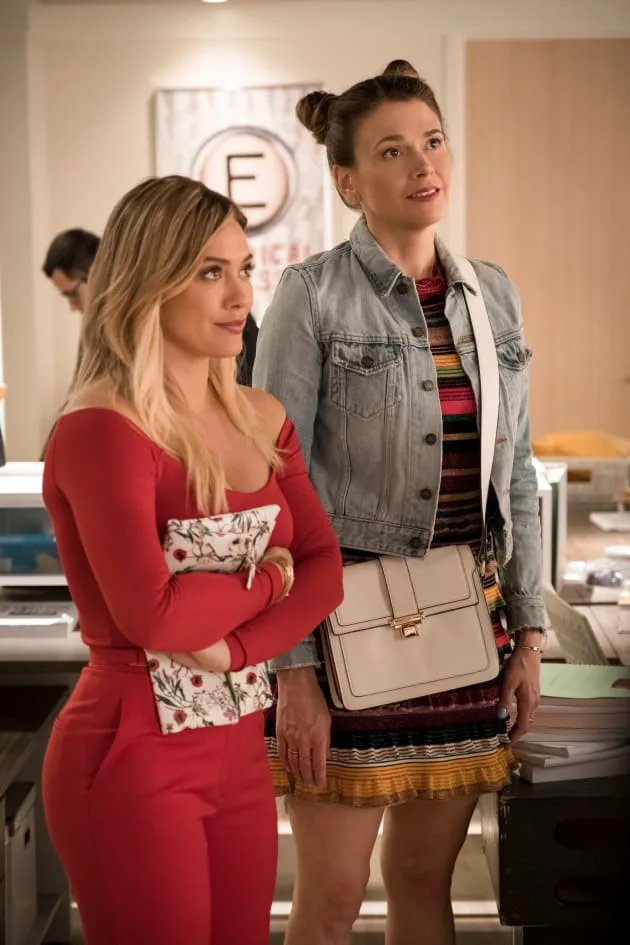
She adds, “I was the younger, the newer, the better. But I, have a really clear memory of that day, thinking to myself, ‘Do not be here when you’re 50.’ Like you have to construct your career in a way that you are in control of what you’re doing when you’re 50 and nobody can fire you. And that was a really big, important and wonderful lesson for me to learn.”
The reason why Redmond’s stories seem to resonate with women around the world comes down to her exploration of character’s at all ages. Women, no matter their age, can identify with the struggles of those that come to life on her pages.
“I think one thing that really interested me on the theme of age, it wasn’t just aging as in getting older, but age as in how that shapes other people’s opinions of you and how it shapes your own feelings about yourself, which I think is a very resonant theme right now in terms of people not wanting to be pigeonholed by the world because of their race or their gender or sexuality, whatever, and age is another one of those factors,” Redmond says. “So it’s an external factor. And yet people really use it to marginalise a lot of people, young adults, young women.
“I think it’s really interesting. Young women are sexualised in the workplace often, they’re not taken seriously, while older women are seen as not interesting or, you know, not vital.”
It’s also the glamorous setting inside New York’s fantasised world of publishing that saw Redmond’s original novel become so popular. While rarely seen on screen, recent immortalisation of the world of journalism, from The Devil Wears Prada to The Bold Type, continues to intrigue audiences. And while we might not see the Josh versus Charles debate unfold until the series begins again, Redmond’s Older still presents a new and just as gripping tale of the character’s we first fell in love with.
Older by Pamela Redmond is available now.
